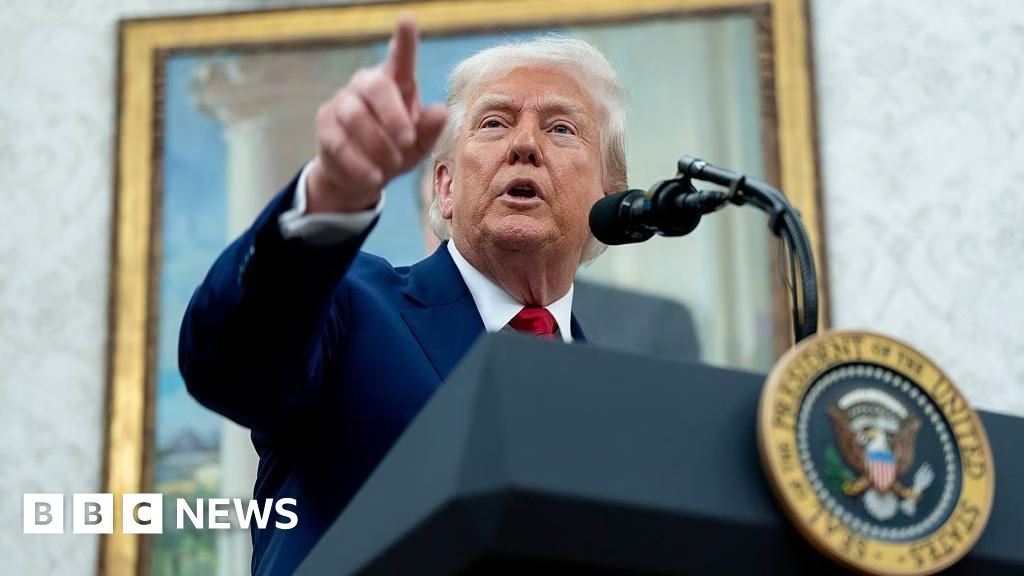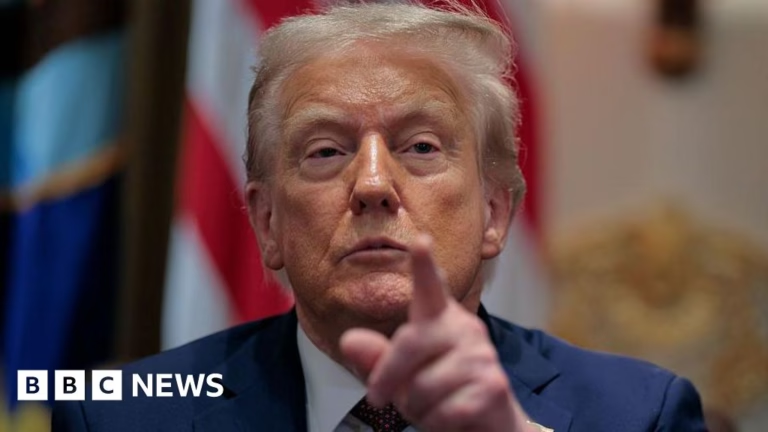A US federal court has prohibited the implementation of President Donald Trump’s wide-ranging tariffs, dealing a significant blow to a crucial segment of his economic policies. The Court of International Trade determined that the emergent law invoked by the White House does not bestow upon the president the unilateral authority to impose tariffs on virtually every nation.
The New York-based court ruled that the US Constitution grants Congress the exclusive power to manage commerce with other countries, which is not superseded by the president’s responsibility to protect the economy.
Shortly following the court’s decision, the Trump administration filed an appeal.
Additionally, the court also invalidated a separate set of tariffs levied by the Trump administration on China, Mexico, and Canada. These tariffs had been applied as a reaction to what the administration termed as an undesirable influx of illicit drugs and undocumented immigrants into the US.
“It is not for unchosen judges to determine how to suitably handle a national emergency,” stated White House deputy press secretary Kush Desai.
“We are fully committed to utilizing every executive power available to address this issue and reestablish American greatness,” he confirmed.
The legal challenge was initially presented by the non-partisan Liberty Justice Center on behalf of five small import-based businesses affected by the tariffs, marking the first significant legal challenge to Trump’s so-called “Liberation Day” tariffs.
Overall, there are seven known legal challenges against the administration’s trade policies, in addition to litigation from 13 US states and other business groups.
The court ruling emphasized that the International Emergency Economic Powers Act (IEEPA), cited by Trump to justify the tariffs, does not permit imposition of such comprehensive tariffs.
“Global financial markets have been on a rollercoaster ride since Trump’s tariff announcements, with certain measures being reversed or reduced amid negotiations with foreign governments,” said the ruling.
Upon news of the court’s decision, stock markets in Asia surged, and the US dollar made notable strides against safe-haven currencies such as the Japanese yen and the Swiss franc.
Source: https://www.bbc.com/news/articles/c8xgdj9kyero








